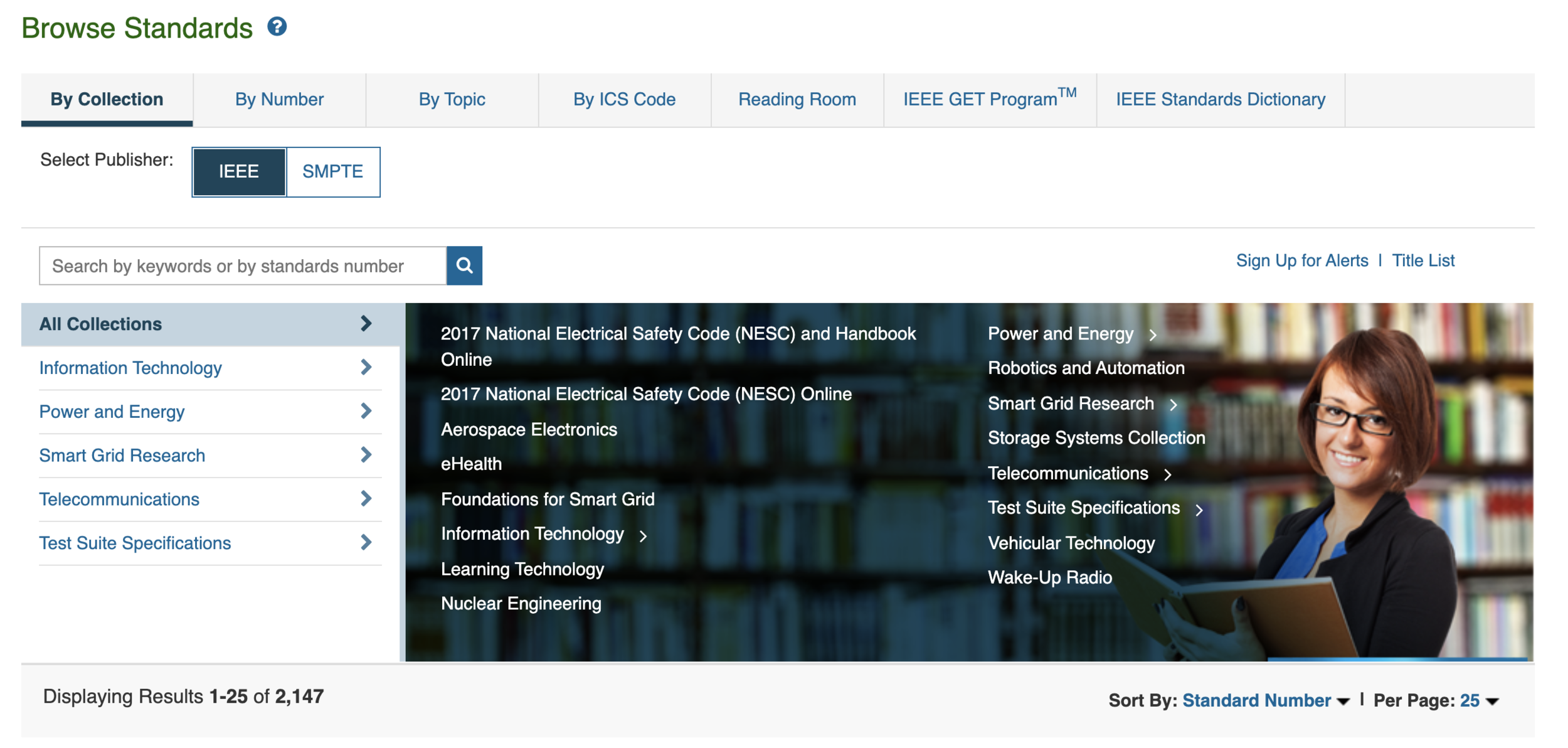Competency Model Definitions - The IEEE ups its game
Steven Forth is co-founder and managing partner at Ibbaka. See his skill profile here.
The IEEE’s tagline is “Advancing Technology for Humanity.” Part of its role is to develop standards and it works across a wide range of industries and technologies. These standards serve many purposes. They help us develop technologies that will work together, they encode best practices and they are strong signals of areas where skills will be needed.
So it is important that the IEEE has taken up work on competency models. There are two parallel efforts underway.
IEEE 1484.20.1 Data Model for Reusable Competency Definitions
Work on this standard has been ongoing for some time. Competencies are most powerful when they can be reused across multiple systems. As a number of people have said, ‘skills are the currency of workforce transformation.’
“Skills are the new currency at work, it is not the jobs you have done but the skills that you have that will get you hired and that shape the contribution you can make.”
Chuck Hamilton
Chief Innovation Officer at M Shaped
Currency is something that is exchanged and this IEEE standard should go a long way to helping with this.
You can follow work on this standard here. Note that this standard is dedicated to the late Claude Oysten, friend, mentor and drinking partner to many people who work in learning technology.
The Data Model work alone will not be enough to help people to understand and implement competency models. With this in mind, the IEEE has spun up another effort around competency models.
P1484.20.2 – Defining Competencies Working Group
This group is being led by Eric Shepherd of the Talent Transformation Guild. Competencies are at the center of the Guild’s pyramid and Eric is a great person to lead this work. He has gathered a great team to collaborate on this.
Eric has persuaded us of the importance of this work, and I (Steven Forth) have joined as the Vice Chair.
We welcome your suggestions and contributions to this work. We will be working on questions like
What is the ecology that competency models are used in?
What is the value web that competency models create?
How should competency models be designed (within the data model provided by 1484.20.1)
How should competency models be written so that they can support the needs of their many different users?
The Ibbaka Talent platform will support the IEEE 1484.20.1 data model and help to implement the work of the IEEE 1484.20.2 competency model definitions. We look forward to working with you to create the skill economy.
Ibbaka Posts on Competency Models and Competency Frameworks
From user experience to competency model design - Margherita Bacigalupo and EntreComp
Competency framework designers on competency framework design: The chunkers and the slice and dicers
Competency framework designers on competency framework design: Victoria Pazukha
Design research - How do people approach the design of skill and competency models?
The Skills for Career Mobility - Interview with Dennis Green
Lessons Learned Launching and Scaling Capability Management Programs
Talent Transformation - A Conversation with Eric Shepherd, Martin Belton and Steven Forth
Competency Model Definitions - the IEEE ups its game (this post)
Individual - Team - Organizational use cases for skill and competency management
Co-creation of Competency Models for Customer Success and Pricing Excellence
Competencies for Adaptation to Climate Change – An Interview with Dr. Robin Cox
Architecting the Competencies for Adaptation to Climate Change Open Competency Model
Integrating Skills and Competencies in the Talent Management Ecosystem
Organizational values and competency models – survey results




